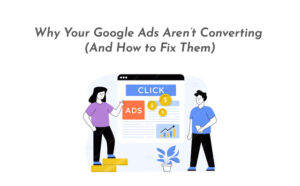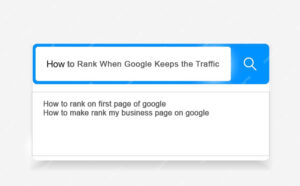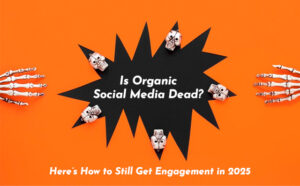The Interdependence of SEO and Content Marketing
SEO and content marketing are often perceived as separate fields, yet they are deeply intertwined. SEO provides the technical and strategic framework, while content marketing serves as the medium that fills this framework with substance. This synergy is what fuels online visibility. SEO tactics ensure that content is discoverable, indexed, and positioned in front of the right audience. Content, on the other hand, provides value and engages visitors once they arrive. Without content, SEO has little to promote; without SEO, content struggles to reach its intended audience. Together, they create a robust strategy that maximizes reach and impact.
Enhancing Visibility and Discoverability Through SEO
SEO plays a pivotal role in boosting the visibility of content across search engines, making it more accessible to a broader audience. By optimizing content for search engines, brands can appear on the first page of search results, a vital space where most online discovery takes place. This visibility is not just about getting traffic but about attracting users who are actively searching for solutions. When content aligns with users’ search intent, SEO propels it to the forefront, allowing it to reach users who are more likely to engage. In short, SEO ensures that content doesn’t remain hidden but reaches its potential by being readily discoverable.
You would like to read: Content Marketing Mistakes and How to Avoid Them
Improving Content Relevance with Keyword Optimization
Keyword optimization is central to SEO, serving as the link between what users are searching for and the content that brands create. Effective SEO involves identifying keywords that resonate with the target audience, then integrating these into content in a way that enhances relevance without sacrificing readability. Keywords guide the creation of content that is timely and aligned with audience needs, ensuring that every piece has a purpose. When keywords are strategically woven into headings, subheadings, and body text, content becomes not only more relevant to users but also more attractive to search engines, leading to improved rankings.
Building Long-Term Authority and Trust
SEO and content marketing combined build authority over time, which is essential for brands looking to establish trust with their audience. Regularly publishing high-quality, informative content signals to search engines that the site is a reliable source of information. Backlinks from reputable sites further enhance this perception of authority, elevating the brand in search rankings. This process doesn’t yield immediate results but leads to sustainable, long-term success. Authority built over time through consistent SEO practices fosters trust among users, who view the brand as a go-to resource within its industry.
Increasing User Engagement with SEO-Optimized Content
SEO-optimized content is crafted with user engagement in mind, making it more likely to resonate with readers. Elements such as optimized headlines, meta descriptions, and targeted keywords make the content both appealing and relevant. When users find content that matches their intent, they are more inclined to stay on the page, explore further, and engage with calls to action. Longer page views and lower bounce rates signal to search engines that the content is valuable, boosting rankings even further. Thus, SEO not only attracts visitors but also keeps them engaged by providing exactly what they’re looking for.
Enhancing User Experience Through Technical SEO
Technical SEO contributes to a seamless user experience, which is fundamental to the success of content marketing. Ensuring that pages load quickly, are mobile-friendly, and have clean navigation structures makes content easy to consume. Technical elements like schema markup and sitemaps also improve the way search engines understand and index content. A well-optimized site reduces friction, allowing users to access the information they need effortlessly. By addressing these technical aspects, SEO supports content marketing efforts by creating a user-friendly environment that keeps visitors engaged and enhances satisfaction.
Leveraging SEO Analytics for Content Strategy
SEO analytics provide critical insights into how content is performing, informing future content strategies. Tools like Google Analytics and Search Console reveal metrics such as page views, bounce rates, and keyword rankings. This data helps marketers understand what resonates with their audience and adjust their strategies accordingly. If certain topics or formats perform well, they can be prioritized in future content creation. SEO analytics thus provide a feedback loop that continuously refines content marketing, aligning it with user interests and search engine trends to maximize impact.
You would like to read: Creating a Successful Content Calendar for Your Blog
Creating Sustainable Growth with SEO and Content Marketing
When combined, SEO and content marketing foster sustainable, organic growth that builds over time. Unlike paid advertising, which provides temporary boosts, SEO-driven content continues to attract traffic long after publication. As content gains authority and ranks higher, it drives consistent, high-quality traffic, reducing dependency on paid channels. This organic growth is invaluable for brands looking to build a strong digital presence that withstands market fluctuations. By investing in SEO and content marketing, brands set the foundation for growth that is both enduring and adaptable to changing trends.










